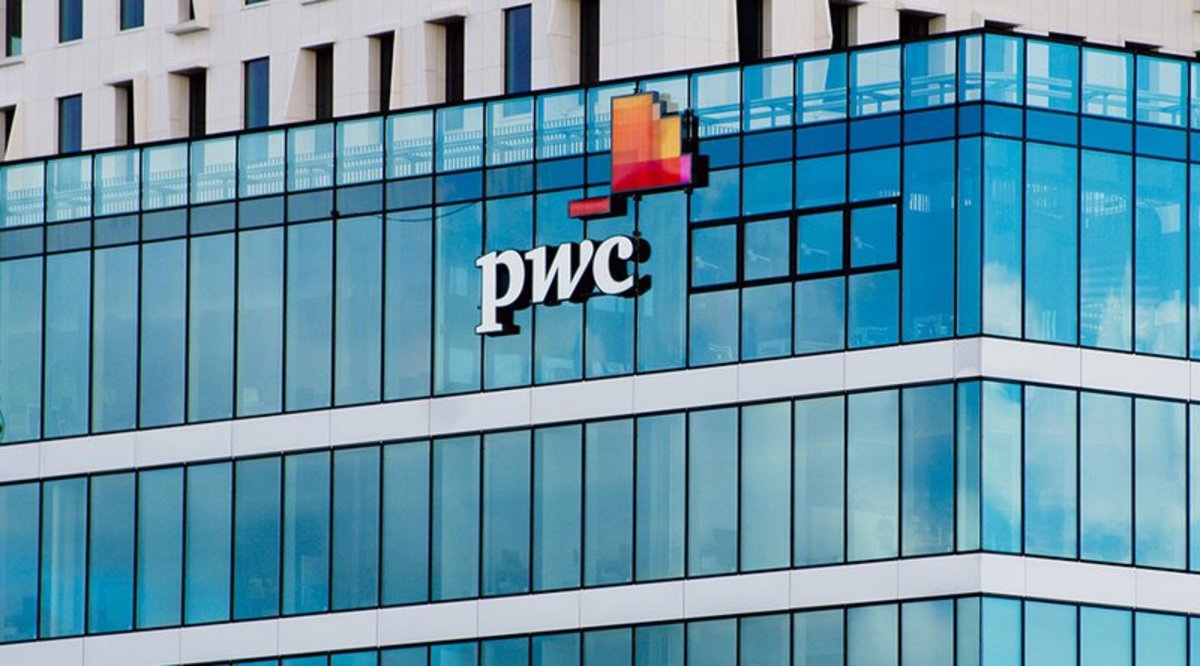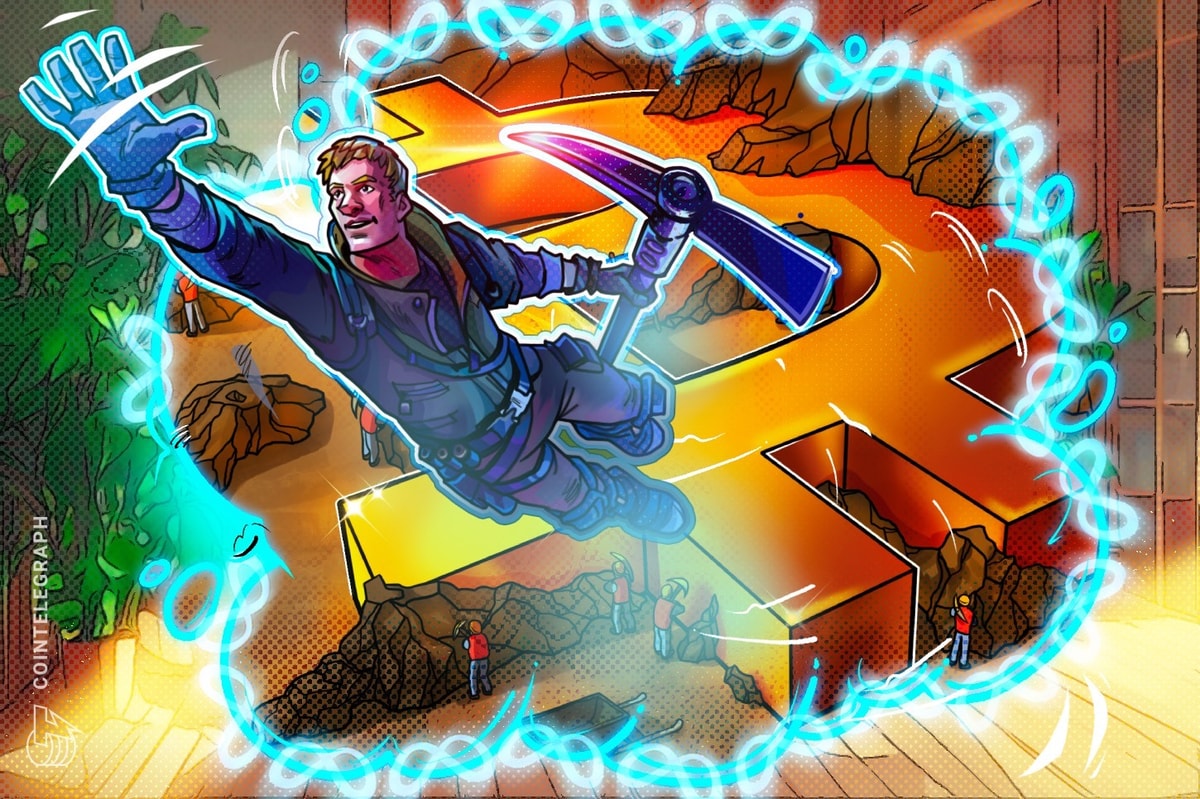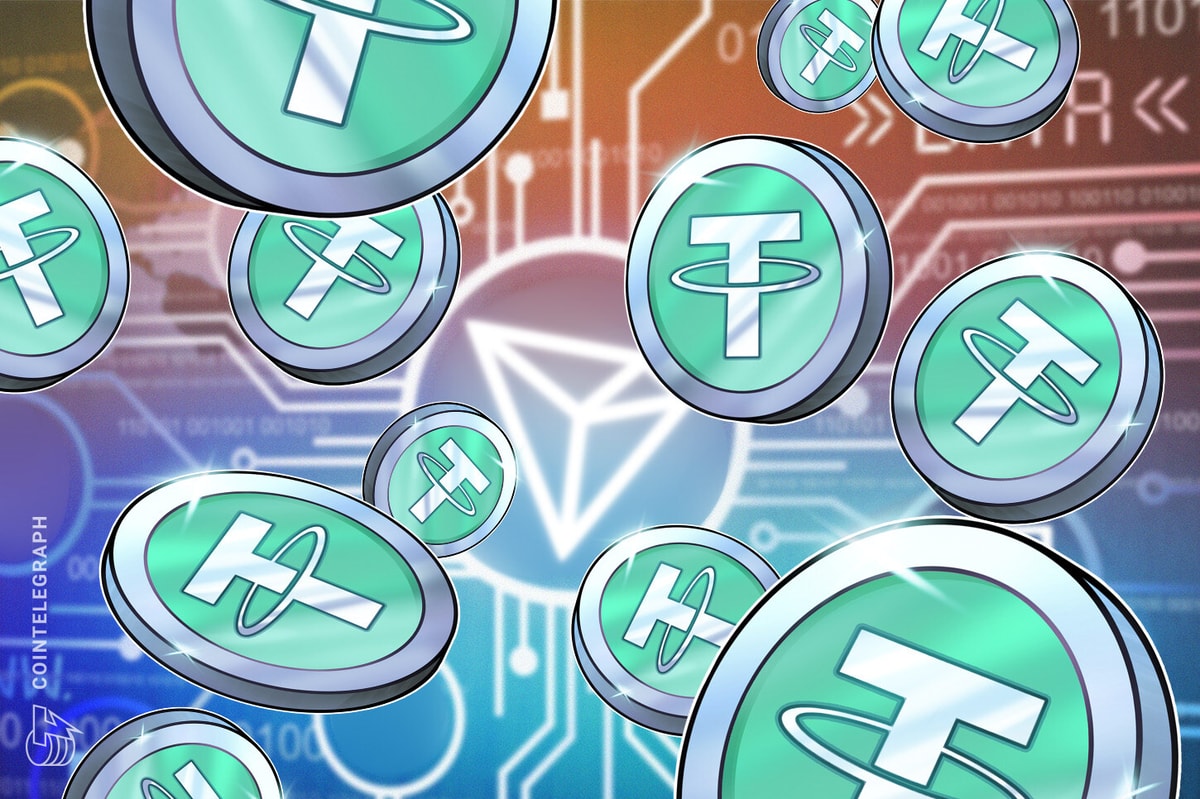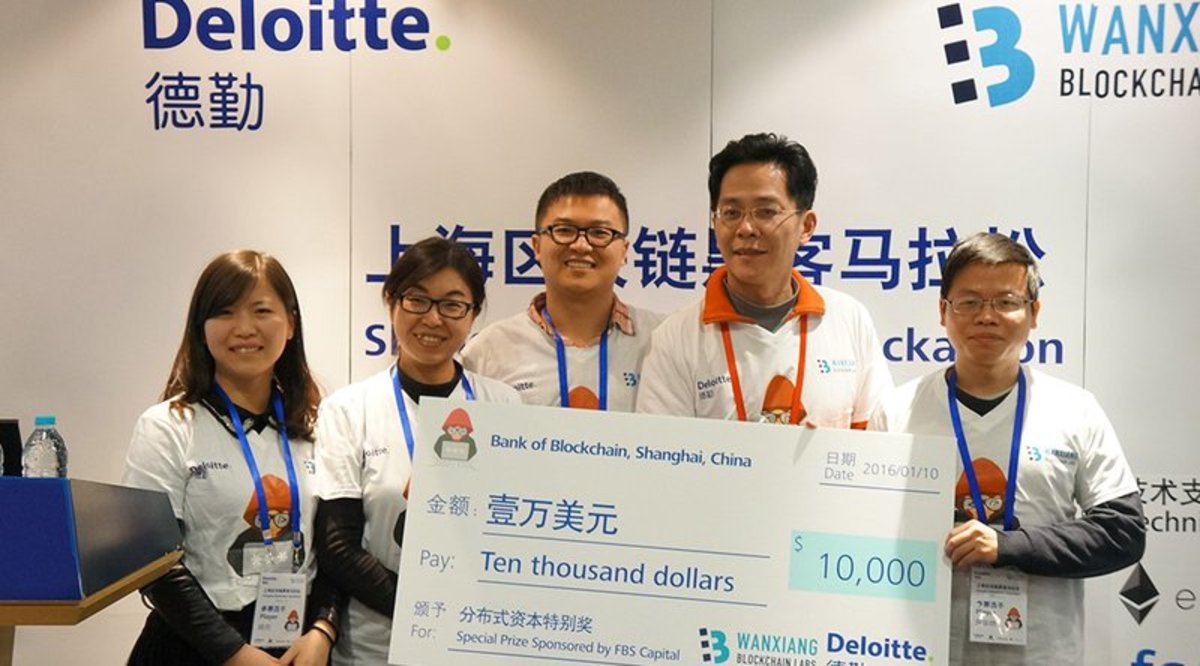
This article is by Krystle Vermes.
In an effort to bring blockchain enthusiasts together for the sake of innovation, Wanxiang Blockchain Labs and Deloitte hosted the Shanghai Blockchain Hackathon on the weekend of January 8. Over the course of two days, teams of blockchain experts came together to create projects worthy of cash prizes.
The CargoChain team developed the winning idea, taking home the $30,000 grand prize.
“My partner [John Freeman] and I created CargoChain, which digitalizes international trade with specific focus on the bill of lading,” said Dominik Schiener, a member of the winning team. “CargoChain places the bill of lading as an eternal record into the blockchain and provides a clear chain of custody. It additionally has an escrow system which gets rid of the inefficiencies of letter of credit. This makes it possible for mutually untrusted parties to conduct trade without worrying about the legitimacy of the other party.”
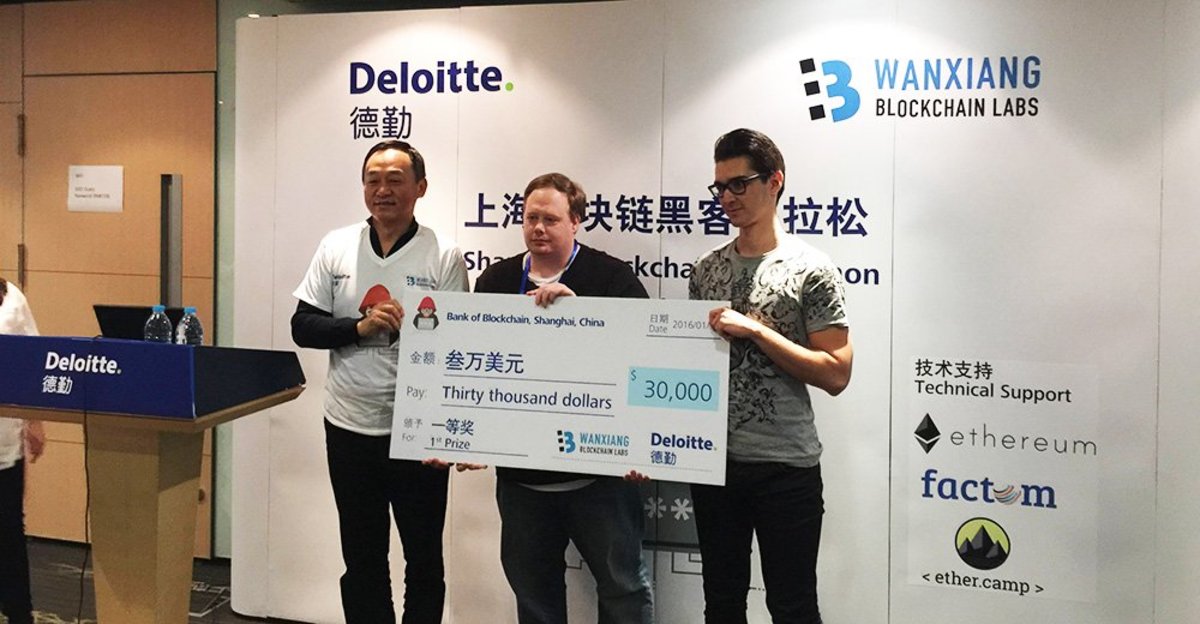
A second-place prize worth $20,000 also was awarded, as well as a third-place prize and special prizes worth $10,000 each, which went to other participating teams.
“CargoChain was well received at the Hackathon, and people from Deloitte and Wanxiang loved the idea,” Schiener continued. “There is a clear demand to reduce costs and make international trade more efficient by finally getting rid of all the paperwork. Currently, I’m assessing potential opportunities, but I think that it would be amazing to help reshape the backbone of our economy with a blockchain-based system that benefits all the actors involved in trade.”
However, it wasn’t all about competition for the attendees of the Shanghai Blockchain Hackathon. The event also featured workshops and the opportunity for participants to speak with experts from Ethereum, Deloitte Rubix Team and Wanxiang Blockchain Labs. These individuals also were available for technical support throughout the hackathon.
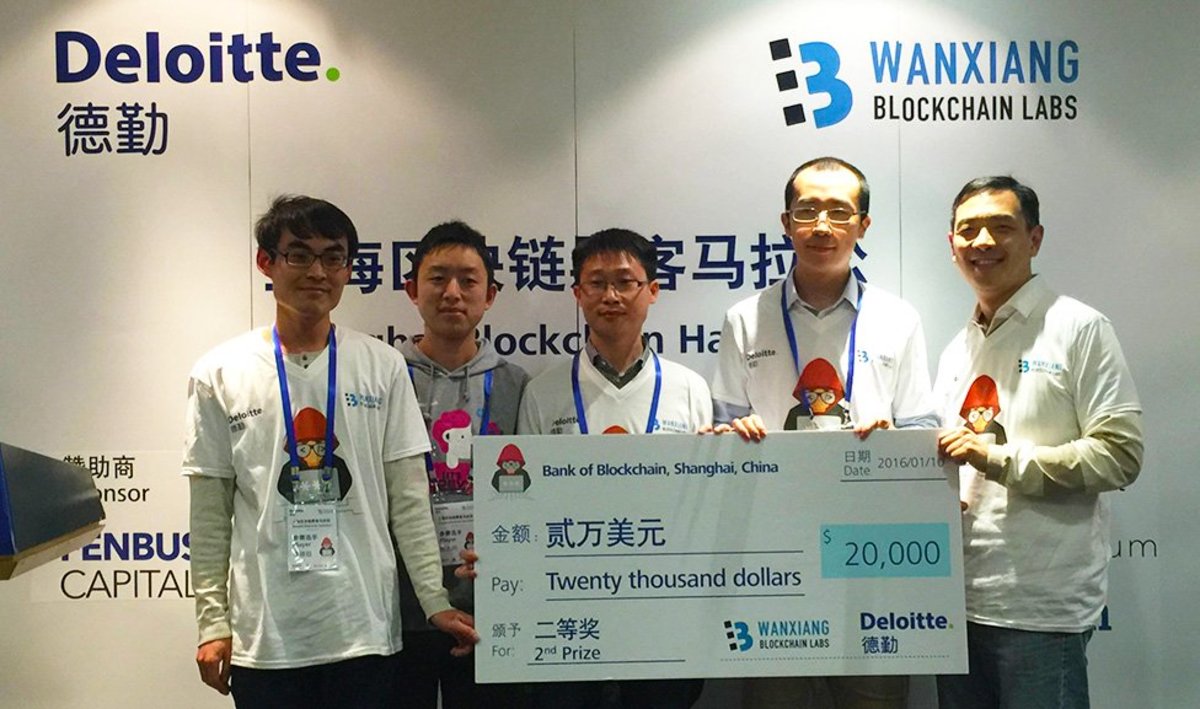
The goal of Shanghai Blockchain was to bring together blockchain enthusiasts, engineers and designers to think creatively about Bitcoin as a whole. Now that the event is over, the sponsors of the Shanghai Blockchain Hackathon are still working to promote their initial objective.
Wanxiang Blockchain Labs recently announced the launch of BlockGrant X No. 2, which is a follow-up to its first sponsorship program, BlockGrant No. 1: Genesis. The first program gave a total of $100,000 to nine teams that created projects focusing on everything from random-number generation to decision-making. BlockGrant X No. 2 will have a budget of $40,000, and teams have until January 31 to submit their applications to participate. A global panel will convene to determine the winners based on their viability, significance, and innovativeness.
As Wanxiang Blockchain Labs and other organizations continue to promote Blockchain and all things Bitcoin, the future looks bright for the industry as a whole.
“I think that in the coming years, we will finally see a crystallization of clear use cases of the blockchain,” says Schiener. “It will become clearer where and how exactly it makes sense to implement a blockchain to reshape certain processes. I am not a believer of ‘one chain to rule them all,’ which is why I think that once blockchains become interoperable, we will create new possibilities for organizations, startups, and individuals to take the best of each blockchain and combine them in yet unimaginable applications.”
Krystle Vermes is a professional writer, blogger, and podcaster with a background in both online and print journalism.


